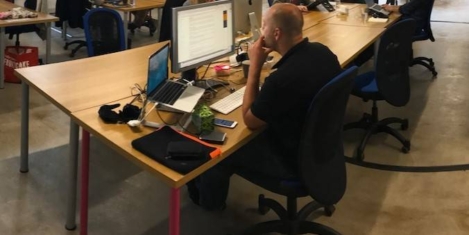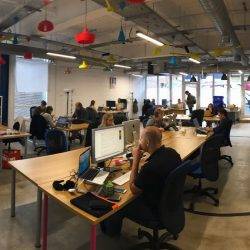January 29, 2018
New RSA report highlights increasingly precarious and diverse nature of work
 Britain is dividing into seven new classes of worker as the gig economy grows, according to think-tank the RSA (the Royal Society for the encouragement of Arts, Manufactures and Commerce). Striving, Thriving or Just About Surviving has been published to coincide with the launch of the RSA’s Future Work Centre, following RSA chief executive Matthew Taylor’s employment review for Theresa May last year. The report warns of a 30:40:30 society: while around 30 percent live comfortably, economic insecurity is “the new normal” with 40 percent just managing and a bottom 30 percent not managing to get by.
Britain is dividing into seven new classes of worker as the gig economy grows, according to think-tank the RSA (the Royal Society for the encouragement of Arts, Manufactures and Commerce). Striving, Thriving or Just About Surviving has been published to coincide with the launch of the RSA’s Future Work Centre, following RSA chief executive Matthew Taylor’s employment review for Theresa May last year. The report warns of a 30:40:30 society: while around 30 percent live comfortably, economic insecurity is “the new normal” with 40 percent just managing and a bottom 30 percent not managing to get by.


























January 2, 2018
We need to stop talking about self-employment as a monocultural phenomenon
by Andrea Broughton • Comment, Flexible working
(more…)